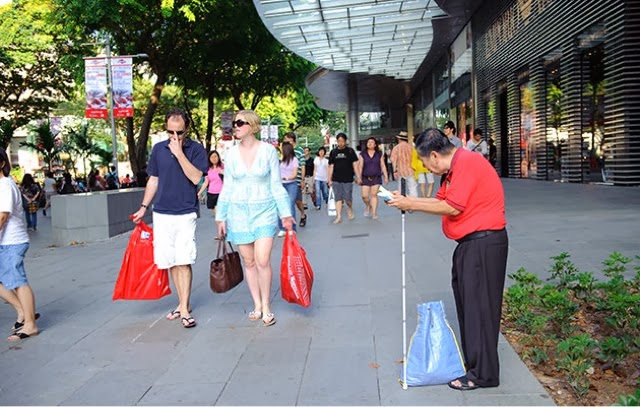In Singapore, being poor is often being frowned upon by the government.
The Economist had summed up the Singapore’s government’s approach, by saying that, “the state’s attitude can be simply put: being poor here is your own fault. Citizens are obliged to save for the future, rely on their families and not expect any handouts from the government unless they hit rock bottom.”
Our government has tended to believe that if the poor remains poor, it is because they are not “hardworking” enough and that they should buck up. And so, the poor shouldn’t deserve any more financial assistance than the government is willing to give.
But what if it is precisely because of the government’s attitude towards the poor that keeps them stuck in poverty?
Here are some examples of poverty in Singapore.
It is highly unlikely that you will find beggars lining the streets or see starving children walking the pavements, scrounging for food. The poor and needy in our society struggle with “relative poverty” —simply defined as that their financial resources fall substantially below what is needed to pay for the necessities of living in Singapore.
Due to various factors like health issues and family circumstances, they struggle to survive on a day-to-day basis. Moreover, they are caught in a vicious poverty cycle, with little or no means to make a better life for themselves. Their children are often not able to do better than their parents due to lack of access to knowledge and educational support. For example, the child would quit school to work and supplement the family’s income, simply trying to put food on the table.
Is it possible to break this cycle?
While the factors impacting the poor’s plight are complex and often involve systemic issues like housing and employment, and it may take many generations to overcome, some concrete things can be done. One way is to focus on our younger generation. Programmes like money-management workshops allow children to grasp the concept of money and how to use it wisely. Upgrading of work skills also allow adults to gain a more competitive edge in the job market, while better coping with economic challenges.
It is critical that the young remain in the education system, and that they receive the best support they can to gain the knowledge and skills for a better future.










No comments:
Post a Comment